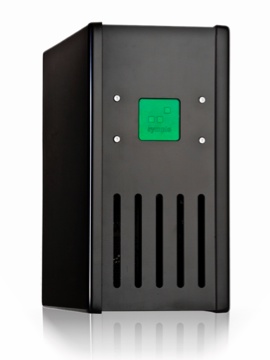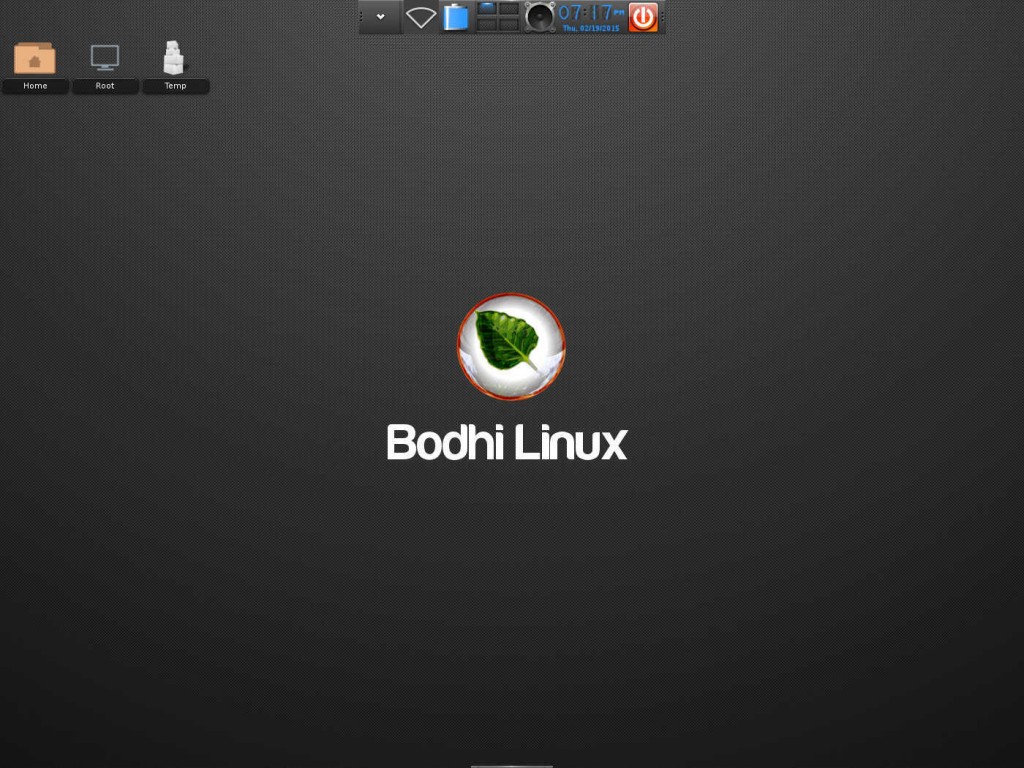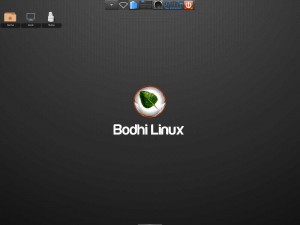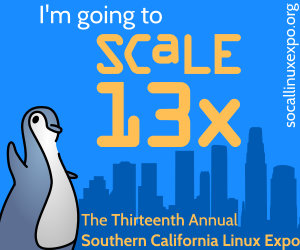FOSS Week in Review
As the week finally becomes Friday, here are a few things that deserve mentioning in the FOSS realm:
Bodhi Chromebook Giveaway: What’s better than having a Chromebook? Having a Chromebook with Bodhi installed on it, of course. We’ll let Jeff Hoogland explain:
“Whenever I am done working with development hardware I picked up for Bodhi Linux, instead of letting it rot in the corner of my basement I would prefer to give it back to our users,” Hoogland writes in a post on the Bodhi website describing the giveaway. “Last year we gave away an ARM powered Samsung Chromebook and this year I find myself with a spare Acer C720 Chromebook after recently upgrading to the i3 based version.”
 So on May 15, some lucky Bodhi contributor — key word here is “Bodhi contributor” — will receive “a gently used Acer C720 Chromebook powered by Bodhi Linux.”
So on May 15, some lucky Bodhi contributor — key word here is “Bodhi contributor” — will receive “a gently used Acer C720 Chromebook powered by Bodhi Linux.”
Says Jeff: “If you have already donated or contributed to the Bodhi project in 2015 no extra effort is needed on your part. If you have been thinking about getting involved or sending a donation our way now is a fantastic time to do as you might end up getting something back!”
Details on the giveaway are on the Bodhi site.


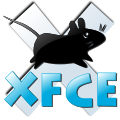 Evolution, not revolution, to match users’ needs: That is what’s behind the process the Xfce team uses in developing their desktop environment. So, despite what some consider a long time between releases, Xfce released version 4.12 last week, a new stable version that supersedes Xfce 4.10.
Evolution, not revolution, to match users’ needs: That is what’s behind the process the Xfce team uses in developing their desktop environment. So, despite what some consider a long time between releases, Xfce released version 4.12 last week, a new stable version that supersedes Xfce 4.10.
